Sudan agrees with tribal protesters to allow South Sudan oil exports
Sudan's government has reached an agreement with tribal protesters to allow the resumption of South Sudan's oil exports through the Red Sea.
Sudanese officials said on Sunday that Khartoum struck a deal with tribal protesters demanding the resumption of exports of crude oil from landlocked South Sudan via a terminal on the Red Sea.
A government delegation headed by a member of the ruling sovereign council met with protest leaders and tribal elders on Sunday and secured an agreement to allow oil exports from the Bashayer port, according to a statement by the ruling council.
The terms of the agreement between Khartoum and the protesters remain unknown.
The agreement came after members of the Beja tribes in eastern Sudan staged protests in recent weeks, creating problems for Khartoum.
The protesters, who demonstrated against what they said was a lack of political power and poor economic conditions in the region, had been blocking roads and forcing Red Sea ports to close.
The protesters also blocked the transfer of imported crude oil to the capital Khartoum.
On Saturday, the energy and oil ministry of Sudan warned that if protesters continued to disrupt its operations, the oil depots at the terminal would soon be full and South Sudan would, in turn, be forced to stop its oil-producing operations.
Sudan has been embroiled in a political crisis, driven mostly by deteriorating economic woes.
Officials said last week that a coup attempt in the country had been thwarted. Military leaders blamed the politicians’ incompetence and negligence for the coup attempt.
Sudan is currently run by the transitional government led by General Abdel Fattah al-Burhan, who leads the sovereign council composed of both civilian and military representatives that was installed in the aftermath of the ouster of president Omar al-Bashir in a coup two years ago.
Burhan has promised to oversee the nation's transition on the path towards democratic principles.
The government, which in past months witnessed nationwide protests, has vowed to fix the country's economy battered by decades of corruption, internal conflicts, and international sanctions.
Following decades of civil war, the southern section of Sudan seceded in 2011, becoming one of the world’s newest nations-- South Sudan.
Conflict continues to roil both African countries.
Yemeni armed forces down F-18 fighter jet, repel US-UK attack: Spokesman
Iran warns against US-Israeli plot to weaken Muslims, dominate region
VIDEO | Public uproar in US against Israeli regime
‘Ghost town’: 70% of Jabalia buildings destroyed by Israel
Mother’s Day: Sareh Javanmardi’s inspiring journey as Paralympic champion and mother
Russia downs over 40 Ukrainian drones as Putin vows 'destruction' on Kiev
VIDEO | Yemen: A bone in Israeli neck
D-8’s role in Iran’s economy after Cairo summit


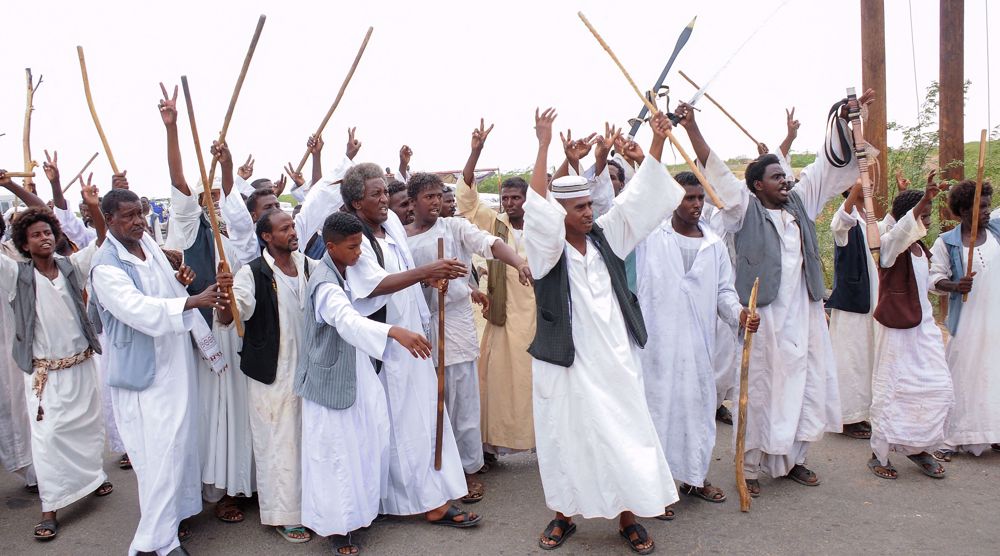
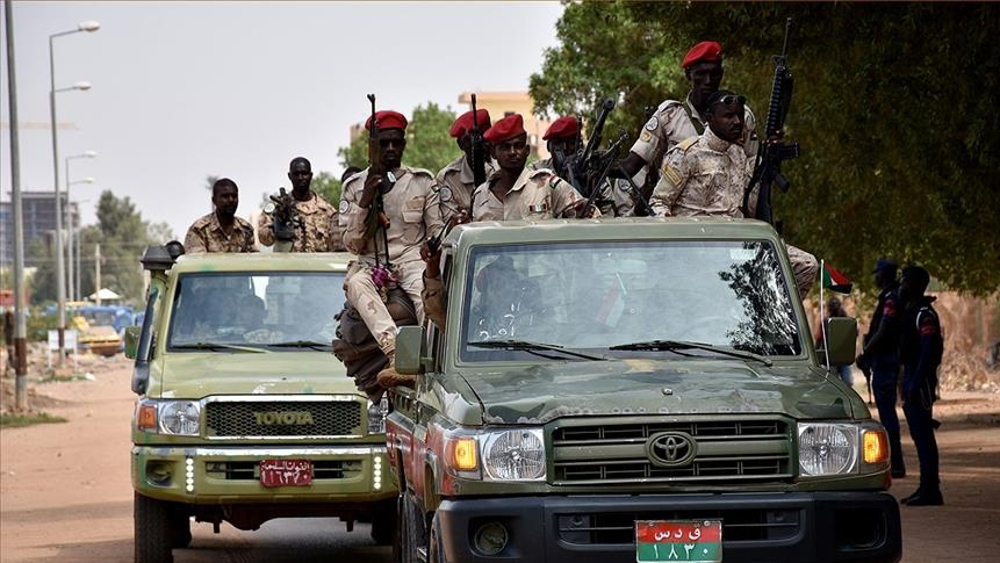

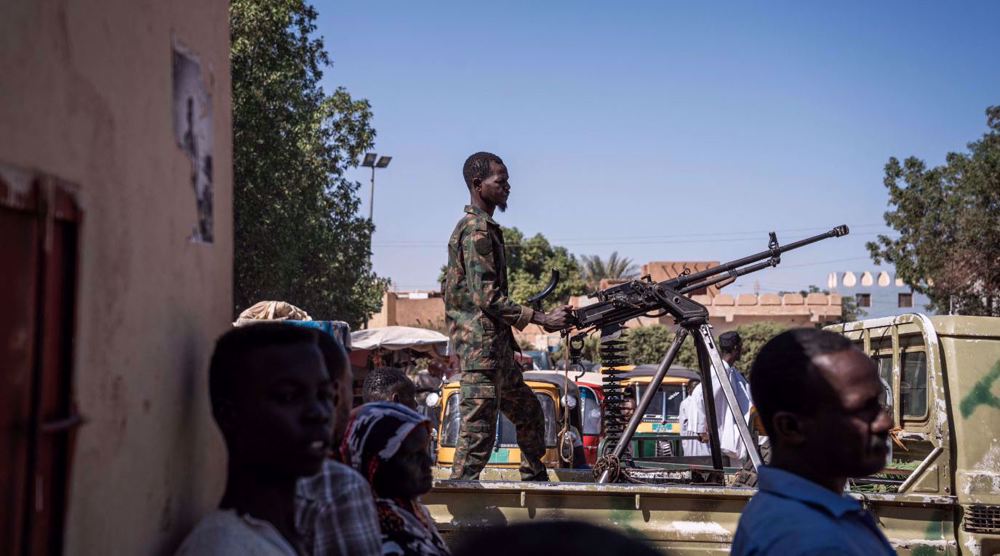
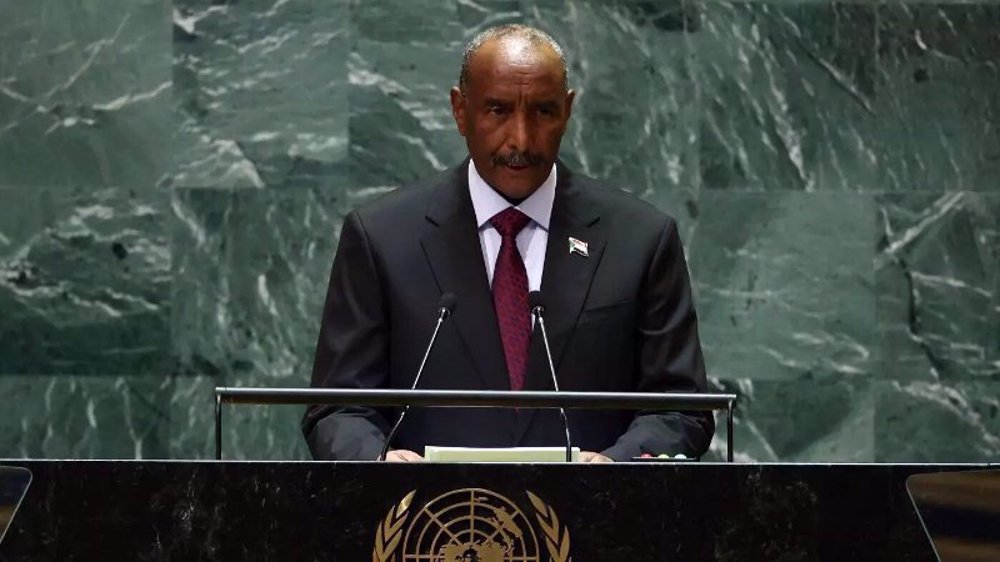



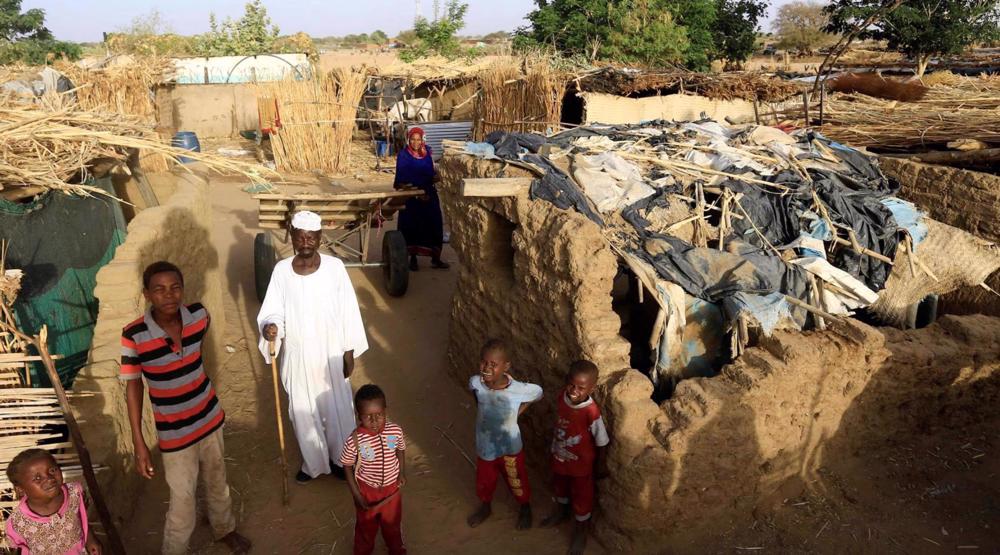

 This makes it easy to access the Press TV website
This makes it easy to access the Press TV website